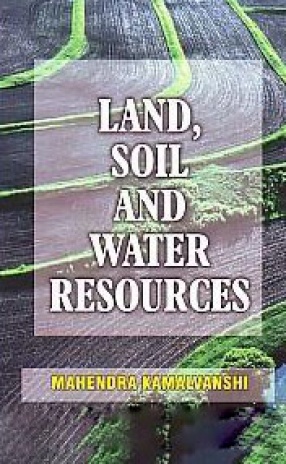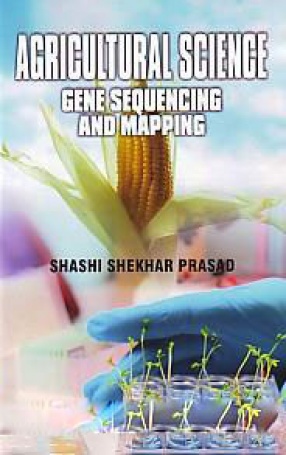This volume explores the changing ecology, political significance, and cultural meaning of water in South India using long-term anthropological field study, oral histories, and detailed archival work. Focusing on the ancient and complex ‘tank’ irrigation systems of a coastal plains region, the book develops an account of the interplay between social and political organization and the ecology of water flows. It highlights the importance of water in the idioms and organizations of power and explores: The centrality of water resources to the organization of a pre-colonial warrior state, The conflicts and contradictions that emerged under colonial rule, The cultural practices and ritual systems within and between inter-linked villages, The contrasting levels of collective action across a catchment, and underlying ‘cultural ecologies’, The intricate technology, ecology and politics of water in the wider context of colonial, ecological and development visions. The author’s historical and social analysis challenges narrow economistic interpretations of common property resources. He argues for a more historically grounded understanding of landscapes, rights and rules for resource use. This book is an enriching read for policy-makers, post-graduate students, and researchers in South Asian studies, history, anthropology, geography, political studies and environment.
Cultivating Development: An Ethnography of Aid Policy and Practice
Based on a detailed account ...
$17.10
$19.00







There are no reviews yet.